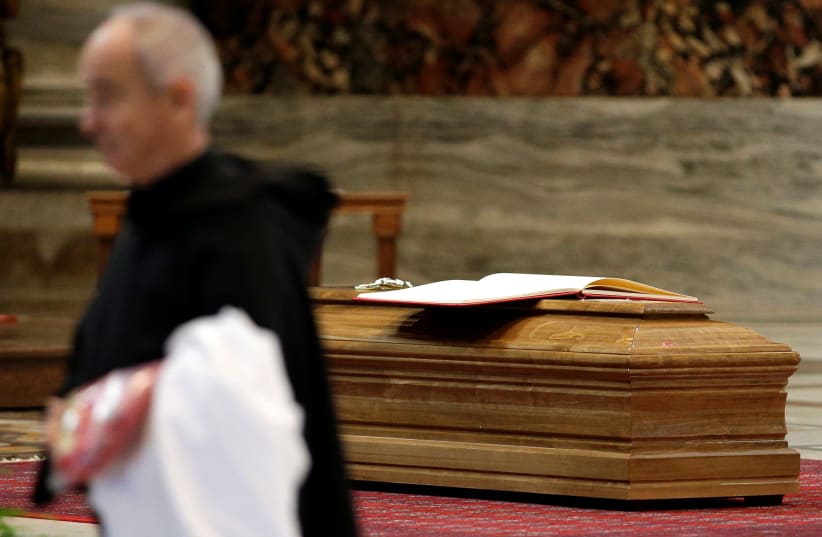Cardinal's death prompts sexual abuse activists to take stock of progress
"What the #MeToo movement shows is the public is now willing to assign blame. They are naming names and part of that is naming the legislators who are not willing to pass these laws."
